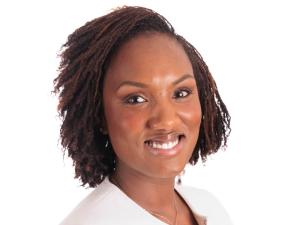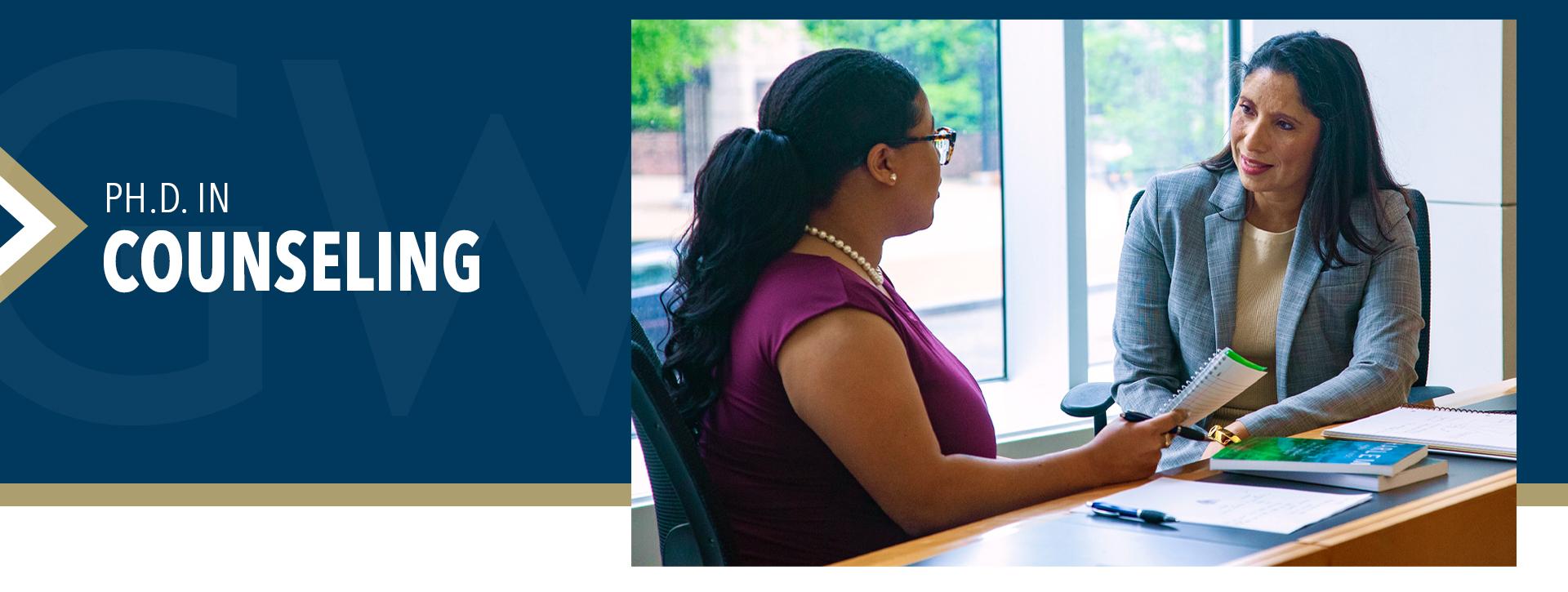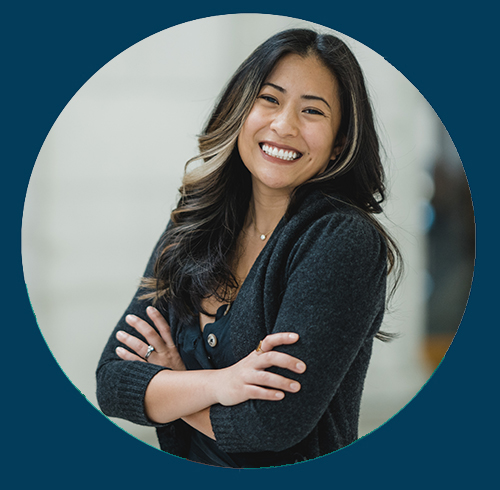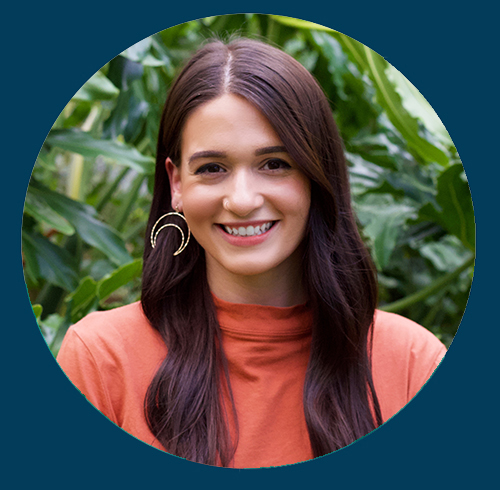PhD in Counseling
Transform Counselor Education
Our counseling doctoral program is uniquely designed to build your capacity to conduct research, publish your findings, provide clinical services, and teach at the graduate level. We balance rigorous research opportunities with hands-on counseling experience in our in-house training clinic to expand your clinical, administration, management, advocacy, and leadership skills.
The PhD program in counseling leads to careers both inside and outside of academia. Graduates of the program are teaching in universities and practicing in a variety of settings from directing high school counseling departments to leading county and state mental health treatment programs.
Accredited
The program is accredited by the Council for the Accreditation of Counseling and Related Educational Programs (CACREP).
World-Class Faculty
Our diverse faculty share expertise in trauma, human sexuality, child and adolescent development, grief and loss, substance abuse, and multicultural counseling, as well as diagnosis, assessments, interventions, and treatment approaches.
Convenient Schedule
Courses are scheduled once a week in late afternoons and evenings (Monday-Thursday) to accommodate the schedules of working professionals, and for internship experiences.
The GW Advantage
As a Carnegie R1 institution (very high research activity), the George Washington University is home to world-class faculty and doctoral students that are leading cutting-edge research, cross-collaborative initiatives between schools and local organizations, and unparalleled educational and employment opportunities.
GSEHD PhD candidates benefit from these initiatives and receive hands-on experiential learning, right on the GW campus. Students develop clinical, administration, management, and leadership skills through supervision of master's level counseling students at GSEHD's Community Counseling Services Center.
Degree:
Doctor of Philosophy (PhD) in the Field of Counseling
Department:
Counseling & Human Development
Course Delivery:
Main Campus
Program Entry:
Fall
- Our Mission
-
The mission of the doctoral program in counseling at George Washington University incorporates and builds on the mission of the GW Graduate Programs in Counseling. Building on research, theory and practice of master’s level counselors, the Ph.D. program in counseling prepares educators, leaders, and researchers within the scholar-practitioner model.
Program Objectives:
- Counseling - Graduates will demonstrate and apply culturally relevant, sustaining, and anti-oppressive counseling across delivery platforms and clinical contexts, including addressing legal, ethical, and professional issues and responsibilities.
- Supervision - Graduates will demonstrate and apply culturally relevant, sustaining, and anti-oppressive skills, frameworks, and administrative procedures within clinical supervision to efficaciously and ethically support, assess, and evaluate supervisees across developmental levels.
- Teaching - Graduates will demonstrate and apply culturally relevant, sustaining, and anti-oppressive teaching approaches using universal design, screening, evaluation, gatekeeping, and remediation to meet the needs of all students with respect for individual differences in learning and professional development.
- Research and Scholarship - Graduates will demonstrate and apply culturally relevant, sustaining, and anti-oppressive approaches to professional writing, professional conference proposal preparation, and research designs appropriate for quantitative, qualitative, mixed methods, and action research questions and hypotheses.
- Leadership and Advocacy - Graduates will demonstrate and apply culturally relevant, sustaining, and anti-oppressive perspectives and approaches to leadership and advocacy in counselor education using models and competencies that address sociopolitical, social justice, and human rights issues and how they affect the counseling profession and those the profession serves.
- Curriculum
-
Applicants must possess a master’s degree by the time they start the program. If the master’s degree is not CACREP-accredited, then significant master’s-level course work will be added to the program plan outlined below.
A minimum of 75 credits, including 33 credits in core courses, 12 credits in research courses, 6 credits in human development courses, 9 credits in an area of specialization, 15 credits in dissertation courses, and successful completion of the comprehensive examination.
Course List Code Title Required Core Courses CNSL 8251 Advanced Psychopathology and Pharmacology CNSL 8252 Leadership and Advocacy in Counseling CNSL 8254 Advanced Multicultural Counseling CNSL 8255 Supervision in Counseling CNSL 8256 Doctoral Practicum in Counseling (taken for a total of 6 credits) CNSL 8257 Doctoral Internship in Teaching CNSL 8258 Advanced Theories of Counseling CNSL 8259 Doctoral Internship in Supervision I CNSL 8260 Doctoral Internship in Supervision II CNSL 8961 Doctoral Internship in Research (taken for 3 credits) Research Courses EDUC 8120 Group Comparison Designs and Analyses * EDUC 8122 Qualitative Research Methods EDUC 8171 Predictive Designs and Analyses and 3 credits in Level B research methods coursework selected in consultation with advisor to coordinate with the dissertation. Human Development Courses Two courses selected from the following: HDEV 6129 Cultural Effects on Human Development HDEV 8100 Issues and Special Topics in Human Development (taken for 3 credits) HDEV 8241 Emotional and Cognitive Development HDEV 8244 Adult and Aging Development HDEV 8253 Work, Identity, and Adult Development Area of Specialization Courses 9 credits in courses selected in consultation with the advisor. Dissertation CNSL 8998 Predissertation Seminar CNSL 8999 Dissertation Research (taken for a minimum total of 12 credits.) An approved dissertation proposal is required. Comprehensive Examination Successful completion of a comprehensive examination is required. *Prerequisite statistics courses must have been taken during the student's master's degree program or must be completed prior to taking required advanced courses. For students who have not had an introductory statistics course, have not had such a course in recent years, or do not feel confident in their understanding and application of basic statistical techniques (i.e. through one-way analysis of variance), EDUC 6116 Introduction to Educational Statistics should be completed prior to enrolling in EDUC 8120 Group Comparison Designs and Analyses.
- Program Data
-
Data from 2022-2023*
- Retention Rate: 77%
- Average Time to Complete the Program: 5.33 years
- 2023-2024 Cost: $1870 per credit
- Scholarships: Graduate assistantships, merit based scholarships, external funding
- Employment Rate (at 6 months post graduation): 100%
- Employment Settings: Academia, research organizations, private practice, community agencies
- Licensure Eligibility: Licensed Professional Counselor (LPC). Requirements vary by state.
- Accreditation Status: Accredited by CACREP through 2024. Program has been accredited since 1984.
- Fall Enrollment: 41
- Number of Graduates: 3
- Predicted Job Outlook (2014-2024): 19% expected increase, compared to 7% expected increase in total US jobs. (Source: US Department of Labor, Bureau of Labor Statistics). Outlook predicted for those with clinical mental health employment.
NOTE: Costs are 2022-2023; enrollment is Fall 2023; retention is calculated over the past year.
Apply Now
GSEHD’s Office of Admissions invites you to apply for a spot in our program. Please review the following admission and financial information.
Ready to take the next step in your career? Review our step-by-step guide to applying to GSEHD >
To learn more about the program, admission process, and upcoming events, please connect with the GSEHD Admissions Team at education@gwu.edu or 202-994-9283.
| Apply Now | Schedule Consultation with Admissions Counselor |
-
To be considered for admission, applicants must submit the online application form as well as the following required supporting documents. There is no application fee.
- Prerequisite: Master's Degree
- Resume
- Transcripts from all previously attended colleges or universities
- Statement of Purpose: In an essay of 500-750 words, state your purpose in undertaking doctoral level study in counseling. Include your academic objectives, research interests, and career plans. We are interested in determining your fit with our program and faculty, so be sure to identify faculty that could serve as potential mentors to you in research. If you are applying for an assistantship or fellowship, you should also describe any research or teaching experience you have had.
- 3 Letters of Recommendation (academic and/or professional)
- GRE general test is optional
*Additional application requirements may exist for international applicants.
The application deadline for Fall 2024 has passed. For more information or to inquire about the next admissions cycle, contact the GSEHD Admissions Team at education@gwu.edu or 202-994-9283.
| Application Timeline | Fall 2024 |
|---|---|
| Priority Deadline | Nov 1, 2023 |
| Round 2 Deadline | Dec 15, 2023 |
Tuition & Financial Aid
We know embarking upon graduate school is a big decision - due in part to the costs of attending. At GW, we understand the time and thought behind making graduate school work for you. Please take a moment to learn more about the options and opportunities available to help fund your graduate education.
Graduate tuition is charged per credit hour, unless otherwise noted. Rates vary by program and location.
The tuition rate* for the PhD in Counseling program is $1,925 per credit hour.
This program requires 75 credits.
Please note: Additional fees may apply for international students, late fees, etc. Current tuition rates may be updated during the year.
*Summer 2024, Fall 2024 and Spring 2025
Scholarships are available to eligible admitted students. Review eligibility requirements and learn more about funding your education >
This program has allowed me to pursue expertise in a variety of domains (e.g. clinical practice, higher education instruction, scholarly research, leadership and advocacy) which has supported my professional development and specialization. Within the counseling program, I’ve been fortunate to connect with faculty and peers who are relentless in their support of students – offering opportunities for mentorship, learning and professional growth. The program’s social justice oriented efforts encourage critical dialogues and demonstrate the program’s foundational commitment to promoting an inclusive, anti-oppressive approach to clinical training, education and research. This approach has amplified my ability to embrace diverse experiences and backgrounds, making me a more competent, effective professional.
CLAUDIA NGUYEN (PhD Candidate)
Career Outlook
Program participants have experienced a 100% employment rate within 6 months of graduation. Career opportunities in clinical mental health are expected to increase 19% between 2014-2024, compared to an average of 7% across other professions. (Source: US Department of Labor, Bureau of Labor Statistics).
- Counseling Career Opportunities
-
Our graduates are engaged across the nation in research, teaching, and private practice. They serve on the Counseling faculties at:
- Augusta State University
- George Washington University
- Hood College
- Loyola University
- West Virginia University
- University of Iowa
- University of North Carolina - Greensboro
- University of North Florida
Our graduates are also leading the field in research on mental health topics ranging from PTSD and veterans well-being to depression mediators in survivors of sexual abuse.
- Potential Employment Settings
-
- Academia
- Research Organizations
- Private Practice
- Community Agencies
- Hospitals and Clinics
My time in the counseling doctoral program so far has awarded me with several opportunities to connect with wonderful mentors and colleagues. These connections have provided me with support and guidance as I navigate the counselor education field and prepare for my career.
BARBARA DOS SANTOS (PhD Candidate)
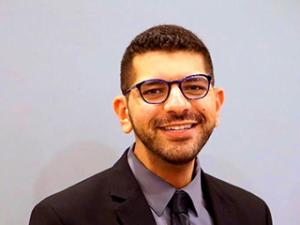
Program Co-Director, Clinical Mental Health Counseling; Assistant Professor, Counseling and Human Development
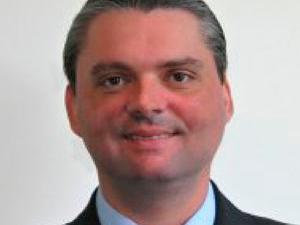
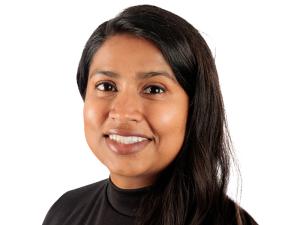
Program Co-Director, Clinical Mental Health Counseling; Assistant Professor, Counseling and Human Development
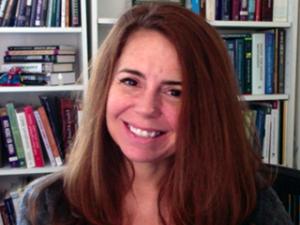
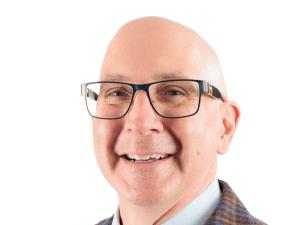
Research Associate Professor, Counseling and Human Development
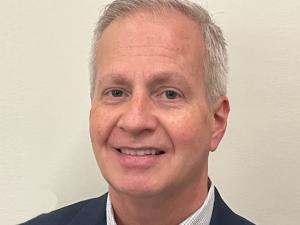
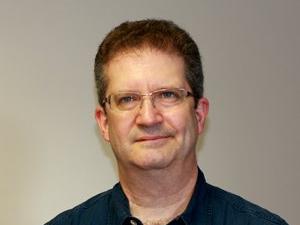

Department Chair and Professor, Counseling and Human Development
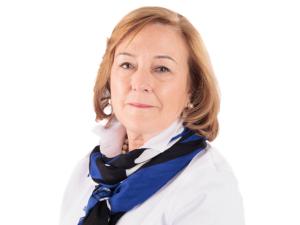
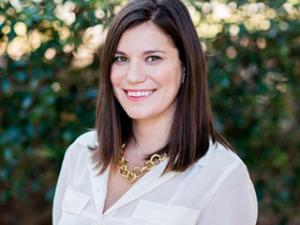
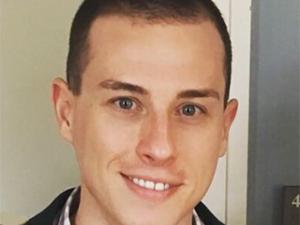
Assistant Professor, Counseling and Human Development
